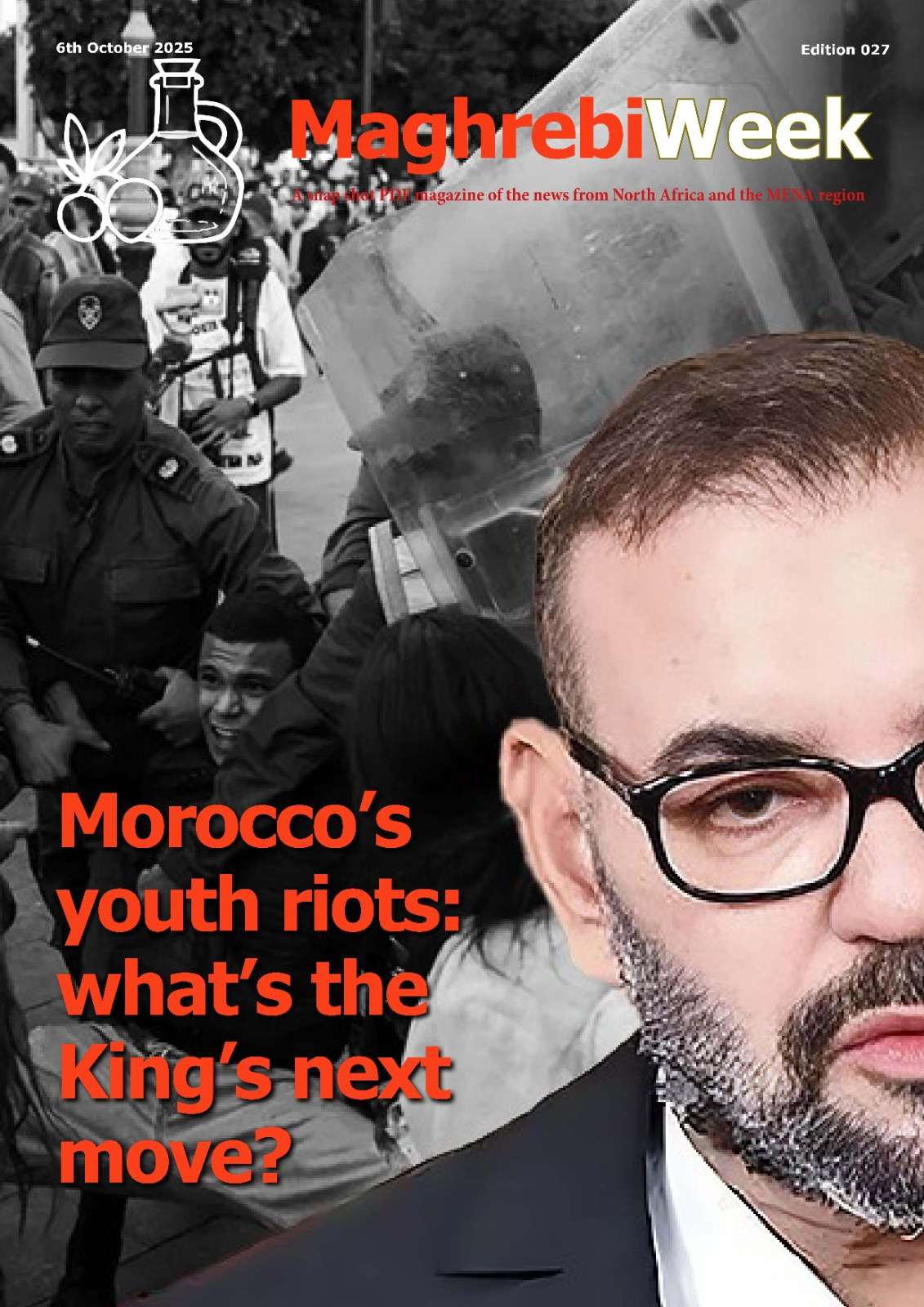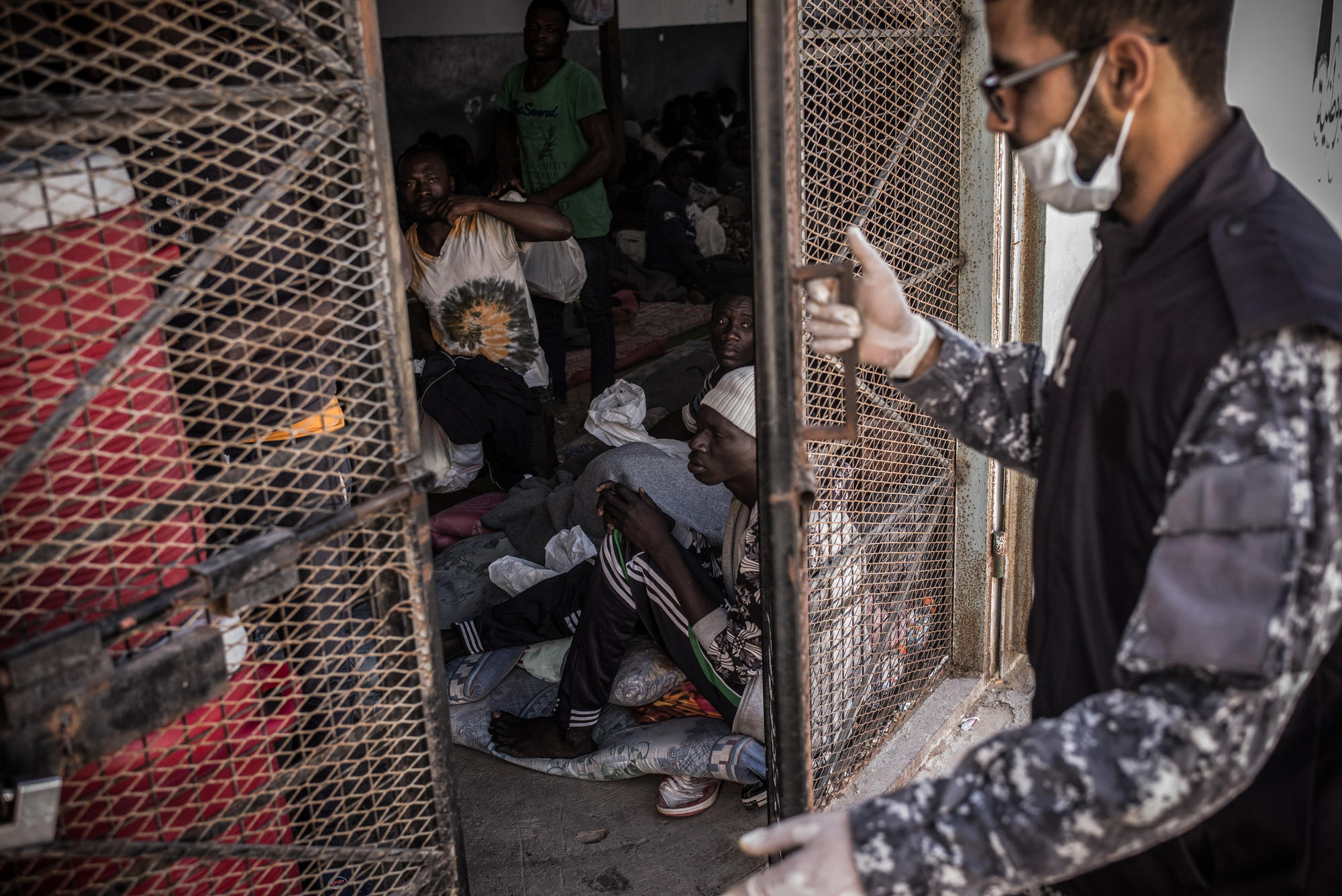Somalia: Swahili to be introduced in national curriculum

Image courtesy of UNICEF Somalia
Somalia hopes to boost its East African ties by introducing Swahili at schools and universities, according to the BBC on October 8th.
Somalian President Hassan Sheikh Mohamud announced the plan to introduce Swahili as a language in schools and universities alongside English and Arabic at a summit of the East African Community (EAC) in the capital of Mogadishu. Earlier this year, Mogadishu also saw the launch of Somalia’s Centennial Vision 2060 development plan, as reported on June 26th.
While Swahili is in the world’s 10 most widely spoken languages, with over 200 million speakers, most Somali schools use English, Arabic and Somali as languages of instruction. Up until 2016, junior schools only taught in Arabic and English was used at secondary and tertiary levels.

Since then, Somali has been added to the national curriculum of primary schools, while English has been maintained for higher education. Arabic is only used at madrassas or Islamic schools.
The civil war of 1991 resulted in hundreds of thousands of Somali refugees crossing the border into Kenya. Many of these refugees, especially the younger ones who went through the Kenyan education system, learned to speak Swahili. As Somalia has gradually reached stability over the past decade, a lot of refugees have returned, bringing the language back home.
Another reason behind the spread of Swahili is the deployment of African Union troops since 2007. Many of the soldiers are from East African nations, with Swahili remaining their common language.
The President believes that adopting Swahili is imperative to Somalia’s integration in the East African region. The Education Minister, Farah Sheikh Abdulkadir, also added that the government hopes for Swahili to be used on a national scale.
According to the BBC, Abdulkadir asserted at the EAC gathering: “We want to see Swahili become a language of communication, trade and learning – even replacing English during our next conference.”
BBC, Maghrebi.org
Want to chase the pulse of North Africa?
Subscribe to receive our FREE weekly PDF magazine














